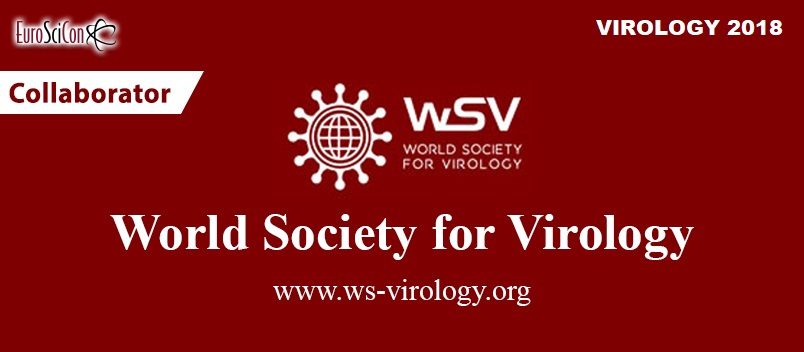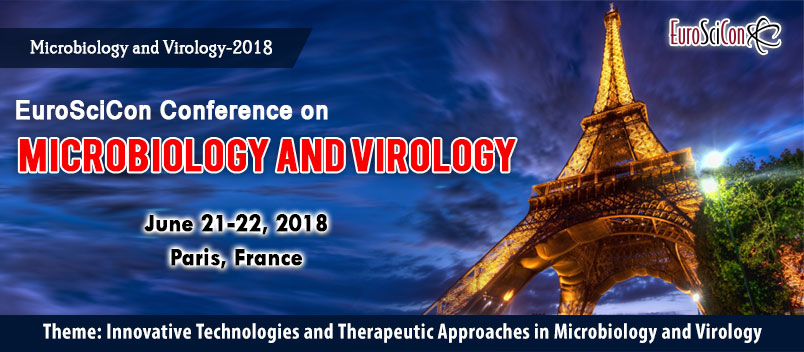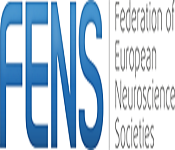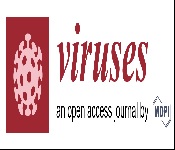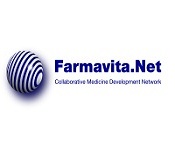Microbiology and Virology 2018
About Conference
- Microbiologist
- Microbiology and Virology Students
- Virologist
- Scientists
- Microbiology and Virology Researchers
- Microbiology and Virology Faculty
- Medical Colleges
- Microbiology and Virology Associations and Societies
- Research Labs
- Manufacturing Medical Devices Companies
Why to attend?
- Center for Emerging Viral Infections Research
- Hunter Medical Research Institute
- Center for Global Research and Intervention in Infectious Diseases
- Infectious and Immunologic Diseases Research Center
- Global virus network
- HIV Medicine Association
- International AIDS Society
- Canadian Society for International Health
Sessions/Tracks
Track 1: Medical Microbiology | Microbiology conferences | Virology conferences | Infectious Diseases Meetings
Microbiology provides a wide platform of research and new insights into various zones of microbes. The anti-toxins are the specialists utilized against pathogenic microscopic organisms, either orally or in a paternal way. Infection is the invasion of an organism's body tissues by disease-causing agents, their growth, and the reaction of host tissues to these organisms and the toxins they produce. Diverse branches of Microbiology include mycology, Virology, Immunology, infectious diseases, bacteriology, nematology, parasitology, and so on.

Track 2: Virology and Viral Diseases | Microbiology conferences | Virology conferences | Infectious Diseases Meetings
Viruses are tiny infectious agents that has the capability to contaminate plants, animals, insects and even microscopic organisms. An extensive variety of infections are portrayed by their size and their protection from synthetic or physical agents and pathogenic effects. Now-a days, they concentrated on two things; Viruses are dependent on host cell machinery for their replication and both bacterial and animal viruses are responsible for bringing about a recombinant DNA revolution. Because of these reasons, viruses are centered around their utilization in cell and sub-atomic science as they can answer many arising questions in biology. Viruses show solid immunological reactions with both cell and humoral immunity. Many antivirals were created to treat viral diseases by targeting viral replication stages.
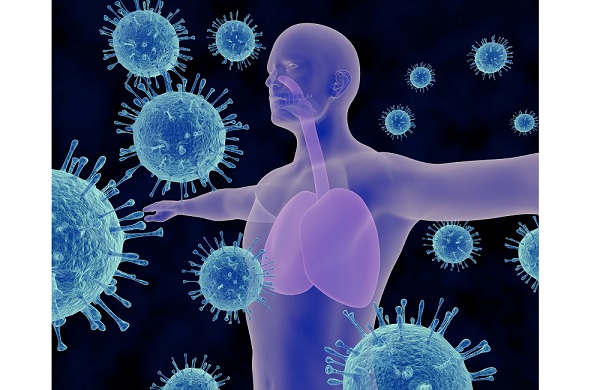
Track 3: Infectious Diseases | Microbiology conferences | Virology conferences | Infectious Diseases Meetings
Infectious diseases become a major problem to kill more people worldwide. The diseases caused by germs and which may infect any part of the body are called infectious diseases. They are caused by pathogenic microorganisms such as bacteria, virus, parasites and fungi. Infectious diseases are caused by microorganisms such as viruses, bacteria, fungi or parasites and can spread between individuals. STDs (or STIs) are infections that can mostly be passed on to another person during sex, be it anal, oral or vaginal sex. Most STDs affect both men and women, but in many cases the health problems they cause can be more severe for women. If a pregnant woman has an STD, it can cause serious health problems for the baby. If untreated, STIs can increase your risk of acquiring another STI such as HIV.

Track 4: Clinical Microbiology | Microbiology conferences | Virology conferences | Infectious Diseases Meetings
Clinical microbiology is a field of science that deals with the study of diagnosis, treatment and prevention of infections and diseases caused by the microorganisms. They aim at the application of various microbes for the improvement of human health. It includes several techniques like serology and antimicrobial chemotherapy.

Track 5: Medical Virology | Microbiology conferences | Virology conferences | Infectious Diseases Meetings
Medical Virology is casing fundamental and applied research concerning viruses which affect humans. Viral epidemiology is the study of incidence and spread of viruses in population over a period. Host, virus and environmental factors are observed to analyze and determine the dynamics of viral infections to plan different strategies of eradication. Pathogenicity refers to the proportion of infections that cause over time, which varies from virus to virus and may be affected by other factors. Clinical virology focus on isolating and in characterizing one or several viruses responsible for some human pathology by various direct or indirect techniques.

Track 6: HIV, AIDS and other Emerging Viruses | Microbiology conferences | Virology conferences | Infectious Diseases Meetings
The human immunodeficiency virus is a lentivirus that causes HIV infection and AIDS. HIV diagnosis is done by testing your blood or saliva for antibodies of the virus. HIV/AIDS clinical trials are research studies done to have a better approach, distinguish, or treat HIV/AIDS. Clinical trials are the predominant way to determine if new medical approaches to HIV/AIDS are safe and effective in people. Many emerging diseases are zoonotic or synoptic - an animal receptacle incubates the organism, with only random conveyance into human populations. Infectious Diseases square amplitude ataxia caused by microorganism such as viruses, fungi or parasites
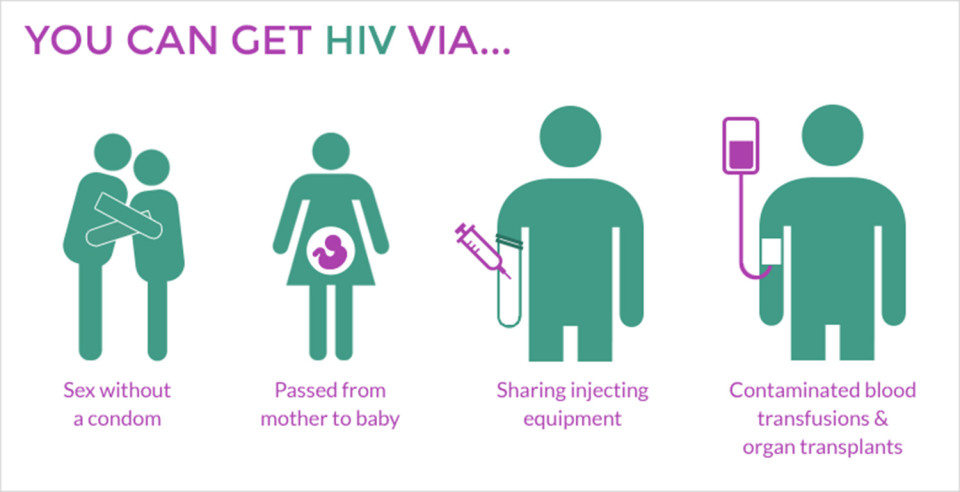
Track 7: Food Microbiology | Microbiology conferences | Virology conferences | Infectious Diseases Meetings
Food microbiology is the study of microorganisms that inhabit, create or spoil food. There are several microbes that plays a vital role in the production of various food products including beer, wines, breads, cheese, yogurt and other fermented foods. They also play a vital role in food safety, authenticity and testing. Good" bacterium, however, like probiotics, have gradually become vital in food science. Additionally, microorganisms are essential for the assembly of foods like cheese, yogurt, bread, beer, wine and, alternative soured foods.

Track 8: Industrial microbiology | Microbiology conferences | Virology conferences | Infectious Diseases Meetings
Industrial microbiology is a branch of biotechnology that integrates the science of microbes and industries. They are used to produce products in huge amounts. They use several techniques like gene amplification, mutations etc. These techniques are used in agriculture, food industry, chemical industry etc. Cultivating microorganisms in the laboratory of Biotechnology and Hydrocarbons Recovery at the IMP from samples obtained from wells.

Track 9: Hepatitis and Virology | Microbiology conferences | Virology conferences | Infectious Diseases Meetings
Human Virology manages infections which attack human. Hepatitis A Virus is an irresistible agent and hence the disease Hepatitis A. Before it is classified as an enterovirus type 72, because of its physical and synthetic characteristics identified with entero infection, however it varies in nucleotide and amino acid groups and sizes of HAV proteins are not similar and they imitate gradually without cytopathic impact in cell culture and they are resistant to temperatures and medications which can inactivate numerous picornaviruses and stable up to pH-1, so due to these reasons they were classified into a new variety, Hepatovirus within the family of Picornaviridae.
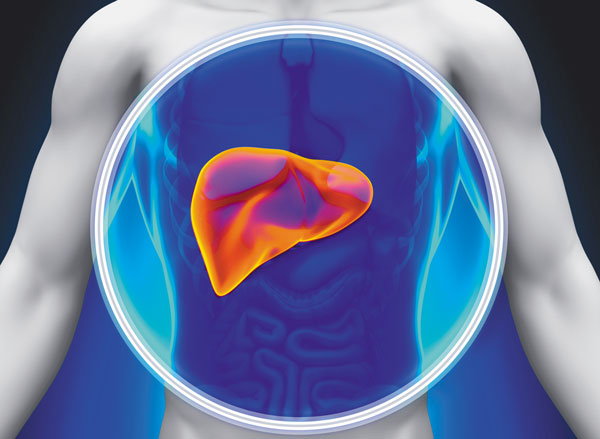
Track 10: Applied Microbiology | Microbiology conferences | Virology conferences | Infectious Diseases Meetings
Applied microbiology refers to the fields where the micro-organisms are applied in certain processes. The environmental microbiology deals with the study of all microorganisms in our surrounding environment. It generally includes air microbiology, water microbiology and soil microbiology. The organisms itself are often not studied as such, but applied to sustain certain processes. It deals with their structure, genomics and the effects of these microorganisms on the macro organisms. It also deals with the microbial communities and interactions. It also deals with bioremediation, biodegradation and biodeterioration.

Track 11: Genetics and immunology of Microbes | Microbiology conferences | Virology conferences | Infectious Diseases Meetings
Viruses have large biological diversity as it successfully infects and parasitize plants animals and microorganisms. They can effectively contaminate and parasitize a wide range of life structures from microorganisms to plants and animals and therefore viruses have more biological diversities than bacterial, plant, and creature kingdoms combined. Cell-mediated immunity is an immune response that does not involve antibodies, but rather involves the activation of phagocytes, antigen-specific cytotoxic T-lymphocytes, and the release of various cytokines in response to an antigen. A Neutralizing antibody is an antibody which safeguards a cell from an antigen or infectious body by inhibiting or neutralizing any effect it has biologically.
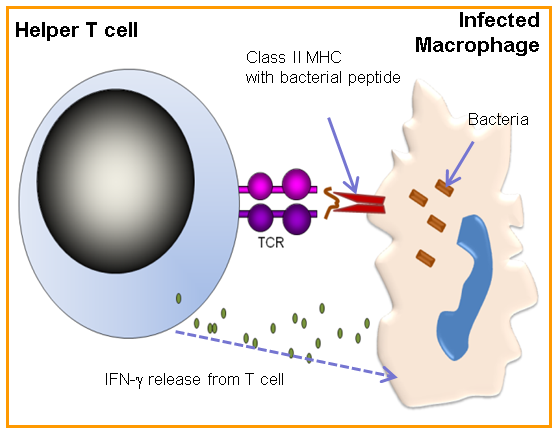
Track 12: Pediatric Viral Diseases | Microbiology conferences | Virology conferences | Infectious Diseases Meetings
Myocarditis is a disease of both grown-up and pediatric patients that it is an inflammatory issue caused by viral diseases. Hand-foot and mouth ailment, herpangina, aseptic meningitis and pleurodynia are predominant viral ailments in pediatric patients. EAC suspects that the viral business will hoist from past efficient/worldwide size of $4.2 billion to $6.9 billion this year demonstrating a compound yearly development rate (CAGR) of around 10.6%.

Track 13: Viral Vaccines | Microbiology conferences | Virology conferences | Infectious Diseases Meetings
Immunizations have been among the best well-being approach for securing the person against viral infections, with two of universes effective antibody being against small pox and poliovirus. Viral immunizations are a blend of inactivated infections and enacted infections. Inactivated or killed viral immunizations contain infections, they don't have capacity to imitate and to achieve a reaction it contains an antigen. Activated or live vaccines contain the live type of the infection. As of now, Virus like particles sorts out another immunization idea. Such particles comprise of self-collected auxiliary proteins from the infection which can evoke an insusceptible reaction but as they lack the genetic material, they can be termed as safer vaccines.
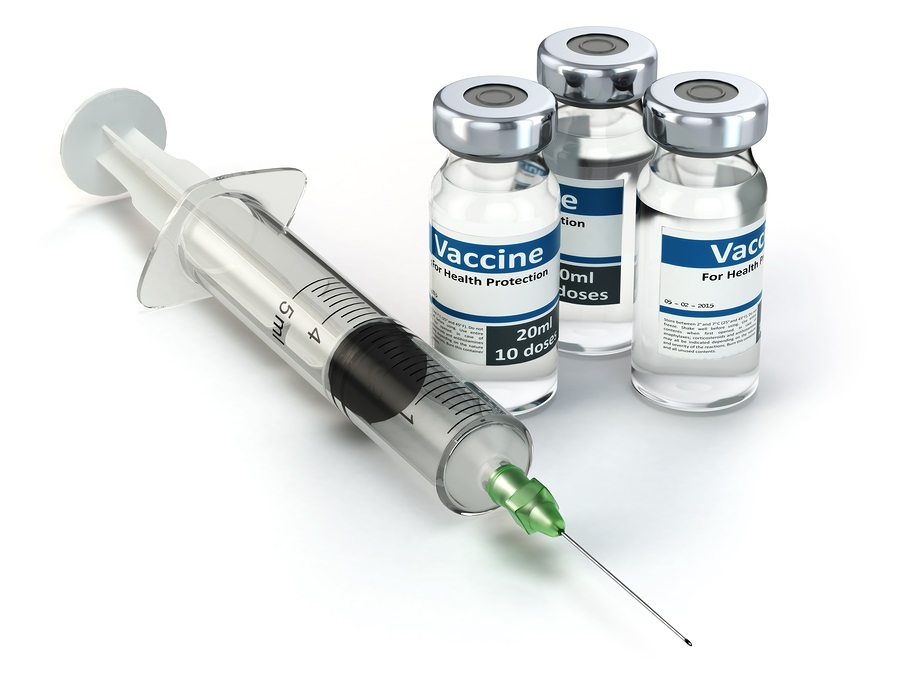
Track 14: Insect Virology | Microbiology conferences | Virology conferences | Infectious Diseases Meetings
Presently, molecular studies on host interactions, assembly and replication of insect viruses have contributed extensively to the molecular and cellular biology. There are many advantages with insect in viruses, for example; they replicate with ease in cell cultures or animals, they replicate in high numbers and it is easy to carryout genetic manipulations in insect viruses.
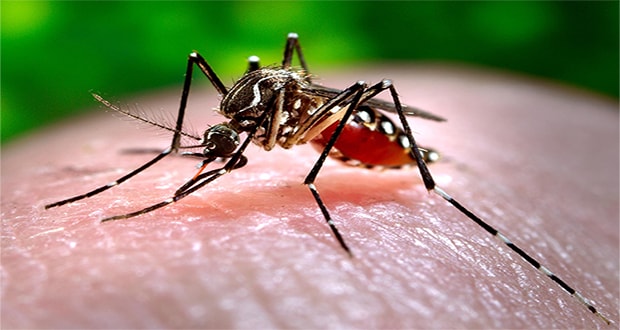
Track 15: Oral Microbiology and Dental Research | Microbiology conferences | Virology conferences | Infectious Diseases Meetings
Viral diseases/infections of the oral cavity, oral mucosa and perioral regions are generally encountered by dentists and have not received the required recognition until recently and viruses are both - ulcer genic and the tumorigenic agents of human oral cavity. The plethora of mammalian viruses in the lesions seen in periodontitis proposes that viruses play a significant role in oral diseases than earlier recognized. One of the most crucial target of oral microbiology in future would be to arbitrate the diversity, magnitude, frequency, pathogenicity, treatment and prognosis of oral viruses and the infections they cause.

Track 16: Clinical and Diagnostic Virology | Microbiology conferences | Virology conferences | Infectious Diseases Meetings
In recent years, diagnostic and clinical virology have been integrated into routine medical practice. It is mainly due to the epidemic outbreak of HIV and AIDS, also, the success of hematopoietic stem cell and solid organ transplantation has greatly increased the number of patients at risk for dangerous opportunistic viral infections. Vector-borne diseases and blood-borne diseases are the major infections caused. The infections transmitted by the bite of infected mosquitoes, ticks, sandflies, blackflies, etc. are called as vector-borne diseases. Infections spread through contamination by blood and other body fluids are known as blood-borne diseases. The plant viruses majorly target the RNA-silencing system to infect plants.
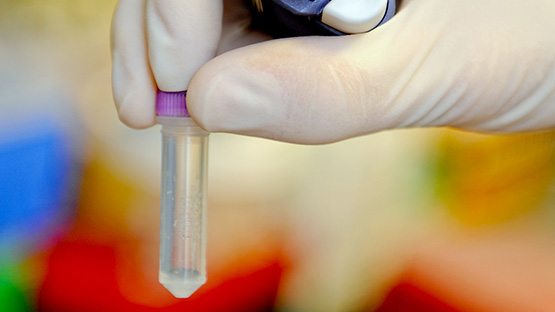
Track 17: Bacterial Viral Interactions | Microbiology conferences | Virology conferences | Infectious Diseases Meetings
It is reported that the world industry for drug discovery outsourcing reached $16.6 billion in 2015. The study of parasites that duplicate inside microscopic organisms by making utilization of the host biosynthetic machinery is known as bacterial virology. Bacteriophages are the infections that infect and recreate in microscopic organisms. Since the mid-1970s, microbes have kept on creating protection from anti-infection agents, for example, penicillin, and this has prompted a new interest for the utilization of bacteriophages to treat genuine contaminations.
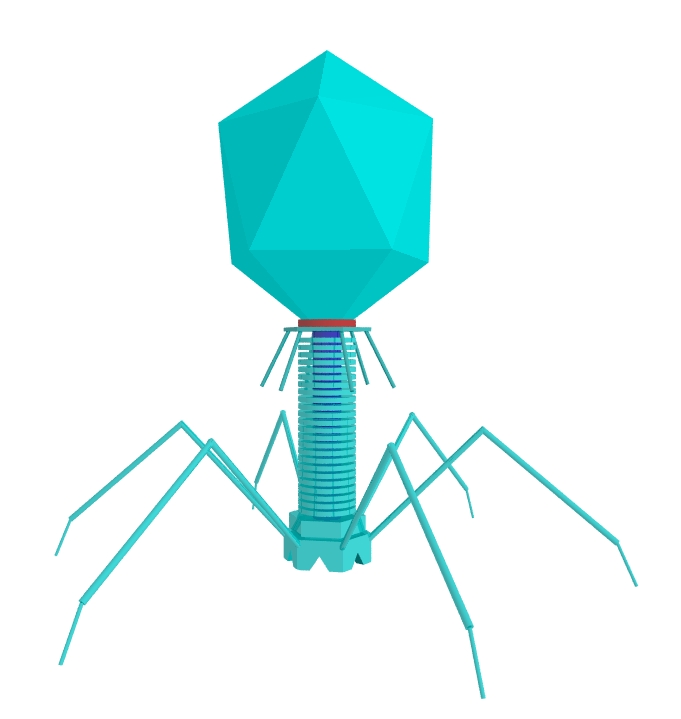
Track 18: Animal Viruses | Microbiology conferences | Virology conferences | Infectious Diseases Meetings
The study of animal infections is critical, and a considerable list of these infections cause illnesses that are monetarily annihilating. Numerous infections which affect the animals are likewise imperative from a human medicinal point of view. The rise of the SARS infection in the human populace, originating from an animal source, features the significance of animals in harboring irresistible agents; avian flu infections can specifically infect people. Alpha infections are a small group, encompassed single-stranded positive-sense RNA infections. They are by and large transmitted by arthropod vectors (typically mosquitoes). Out of thirty known species, eight are vital human pathogens (e.g. Venezuelan equine encephalitis infection) while one, salmonid alpha infection, is of commercial significance to the cultivated fish industry. In view of their little size alpha infections have truly been used as model frameworks for the examination of viral pathogenesis.
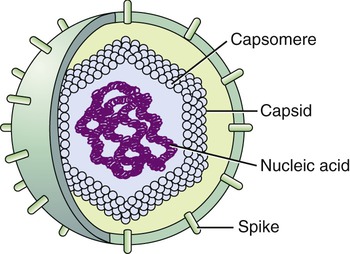
Track 19: Environmental and Soil Microbiology | Microbiology conferences | Virology conferences | Infectious Diseases Meetings
Human activities have mobilized Earth elements and accelerated their cycles – for example, more than doubling the amount of reactive nitrogen that has been added to the biosphere since pre-industrial times. The deep biosphere includes a variety of subsurface habitats, such as terrestrial deep aquifer systems or mines, deeply buried hydrocarbon reservoirs, marine sediments and the basaltic ocean crust. The deep subsurface biosphere abounds with uncultured, only recently discovered and at best incompletely understood microbial populations.

Track 20: Plant and Fungal Virology | Microbiology conferences | Virology conferences | Infectious Diseases Meetings
The epidemiology of plant virus diseases concerns the cyclical development of virus diseases within plant populations in time and space. Tobacco mosaic virus (TMV) is a positive-sense single stranded RNA virus that infects a wide range of plants, especially tobacco and other members of the family Solanaceae. In the viral life cycle, viral entry is the emergent stage of infection, as the virus invades with the host cell and intrudes viral material into the cell. Mycoviruses are viral agents that infect fungi. They have double-stranded RNA genomes and isometric particles. To be a true mycovirus, they should have a positive sense and single-stranded RNA genomes and must be able to be transmit infections.transmit infections.

Track 21: Viral Oncology | Microbiology conferences | Virology conferences | Infectious Diseases Meetings
Viral oncology is a subdivision of oncology. It deals about treatment of human growths/tumors with infection particles. Roughly 20% of all tumor outgrowths are a result of chronic infections. Upto 15% of human malignancies is portrayed by a viral etiology with higher rate in Developing Countries. Certainly, the irresistible idea of tumors has vital ramifications in their defensive mechanism, diagnosis, and treatment. In the 21st Century, the exploration on viral oncology field keeps on being dynamic, with new huge and unique investigations on viral oncogenesis and as a translational research from virology for the treatment of disease
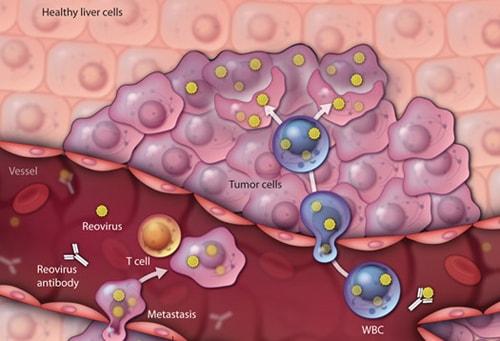
Current research in virology incorporates the examination of components of HIV replication and pathogenesis. Diseases, for example, Alzheimer's illness and HIV-1-related dementia. Other research includes incessant and inactive diseases caused by viruses, for example, Epstein-Barr and Kaposi's sarcoma related herpes infection and herpes simplex and the retrovirus. Researchers are additionally considering viral host communications alongside the system of viral instigated cell transformation. Drug-drug interactions happen when a medication interacts or meddles, with another medication leading to sudden responses.
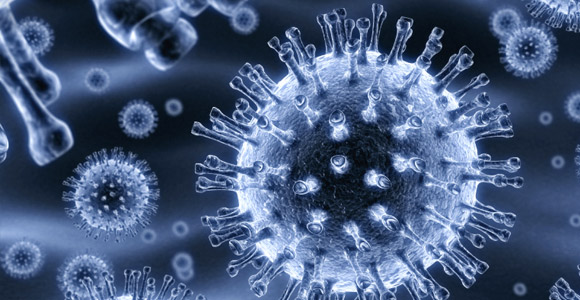
Learn More
Recommended EuroSciCon conferences:
Recommended EuroSciCon conferences:
Gastroenterology, June 19-20, 2018 France | Advance Nursing Practice, June 21-22, 2018 France | Atomic and Plasma Science , July 16-17, 2018 Czech Republic | Euro Optics , July 16-17, 2018 Czech Republic | Psychiatry & Psychology , August 06-07, 2018 Czech Republic | Sustainable & Renewable Energy, Aug 13-14, 2018 France | Materials Science and Engineering, August 23-25, 2018 Netherlands | Microbiology & Infectious Diseases, Sep 03-04, 2018 Netherlands | Nursing and Nursing Diagnosis , September 10-11, 2018 Czech Republic | Nursing & Midwifery, September 10-11, 2018 Czech | Oncology 2018, Sep 24-25 , 2018 Portugal | Pathology , October 08-10, 2018 Netherlands | Nuclear Medicine & Radiation Therapy, October 01-02, 2018 Sweden | Big Data Analysis & Data Mining, October 01-02, 2018 Netherlands | Vaccines & Vaccination, Oct 26-27, 2018 Hungary| Liver & Pancreatic Diseases, Nov 12-13 , 2018 France | Hepatology & Hepatitis , Nov 12-13, 2018 France | Nutraceuticals & Nano-Technology, Nov 15-16, 2018 France | Orthopedics, Nov 29-30, 2018 Netherlands| Dentistry 2018, Nov 29-30, Czech Republic | Dermatologists 2018, Nov 29-30, 2018 Czech Republic | Nursing & Healthcare, Dec 3-4, 2018 Netherlands | Dementia, Dec 6-7, 2018 Netherlands | Chemistry Research, Dec 10-11, 2018 Netherlands | Dental & Dental Hygiene, March 25-26, 2019 Hungary
Top Microbiology and Virology Universities Worldwide:
The University of Pittsburgh, Vanderbilt University, University in New York City, The University of Texas, University of California, University School of Medicine, University of the Pacific, The University of Washington, Emory University, The University of Southern California, The Boston University, Case Western Reserve University, University in Chicago, Health Sciences University, Columbia University, University in Los Angeles, The University of Alabama, Saint Louis University, The University of Colorado, The Ohio State University, Nova South-eastern University, The University of North Carolina, Cornell University, Stanford University, University of Iowa, Texas Tech University System, University in Sacramento, The University of Nebraska , The University of Florida, University of Minnesota, Georgetown University, Brown University, The Rowan University, East Carolina University, Pennsylvania University.
University College London, University of Bristol, University of Silesia, Wroclaw Medical University, Bogomolets National Medical University, University of Zagreb, University of Cambridge, University of Sussex, University of Edinburgh, Kings College London, University of Brighton, Plymouth University, University of Exeter, Swansea University, University of Oxford, Swiss Federal Institute of Technology, University of Brighton, Ecole Polytechnique Federal de Lausanne
Asia Pacific and Middle East Universities:
University of New South Wales, Chinese University of Hong Kong, University of Science and Technology of China, National University of Singapore, Peking University, University of Melbourne, Tsinghua University, University of Auckland, Fudan University, University of Technology Sydney, Nanyang Technological University, University of Hong Kong, Tohoku University, Charles Darwin University, University of Wollongong, Australian National University, University of Queensland, Pohang University of Science and Technology, Seoul National University, National Chiao Tung University, University of Canterbury, Victoria University, Toyota Technological Institute, Hong Kong Polytechnic University, Zhejiang University, Korea University, University of Otago, National Taiwan University, Nanjing University, Osaka University, National Tsing Hua University, University of Tasmania, Deakin University, Nagoya University.
Microbiology and Virology Societies & Associations:
American society for microbiology, SIMB-Society for industrial Microbiology and biotechnology, SFAM-Society for Applied Microbiology-London, Society for industrial microbiology, IUMS International Union of microbiological societies, Southern California Branch of the American Society for Microbiology (SCASM)
European Society for Veterinary Virology, Dutch Society for Medical Microbiology, European Society of Clinical Microbiology and Infectious Diseases, Federation of European Microbiological Societies(FEMS), German Society for Virology, International Society for Antiviral Research, International Union of Microbiological Societies, Society for General Microbiology.
Asia Pacific Society for Marine Biotechnology; Committee of Asia Pacific Electron Microscopy Societies; Federation of Asia Pacific Microbiological Societies; International Society for Applied Phycology; International Union of Microbiological Societies; Microscopy Society (Singapore), Singapore National Academy of Sciences; Japanese Society of Microbial Ecology.
Microbiology and Virology Journals:
Acta Virologica, Acta Tropica, AIDS Book Review Journal, AIDS Patient Care and STDs, AIDS Research and Human Retroviruses, American Journal of Public Health, American Society for Microbiology News, Annals of Internal Medicine, Antimicrobial Agents and Chemotherapy, Antimicrobics and Infectious Diseases Newsletter, Apoptosis, Applied and Environmental Microbiology, Applied Biochemistry and Microbiology, Archives of Virology, BBA - Biochimica et Biophysica Acta, BBA - Molecular Basis of Disease - Online Version, British Medical Journal – BMJ, Canadian Journal of Microbiology, Cell, Clinical Care Options for HIV, Clinical Microbiology Newsletter, Clinical Microbiology Reviews, Current Biology, Current Microbiology, Diagnostic Microbiology and Infectious Disease, Enzyme and Microbial Technology, FEMS Immunology and Medical Microbiology, FEMS Microbiology, International Journal of Antimicrobial Agents, International Journal of HIV & AIDS, Journal of AIDS/HIV, Journal of Antimicrobial Chemotherapy, Journal of Bacteriology, Journal of Clinical Virology, Journal of General Virology, Journal of Medical Virology, The Lancet, Microbiology, Nature, New England Journal of Medicine.


